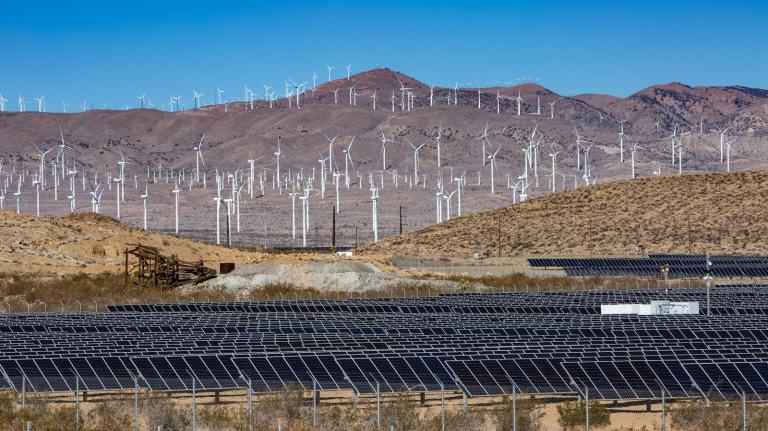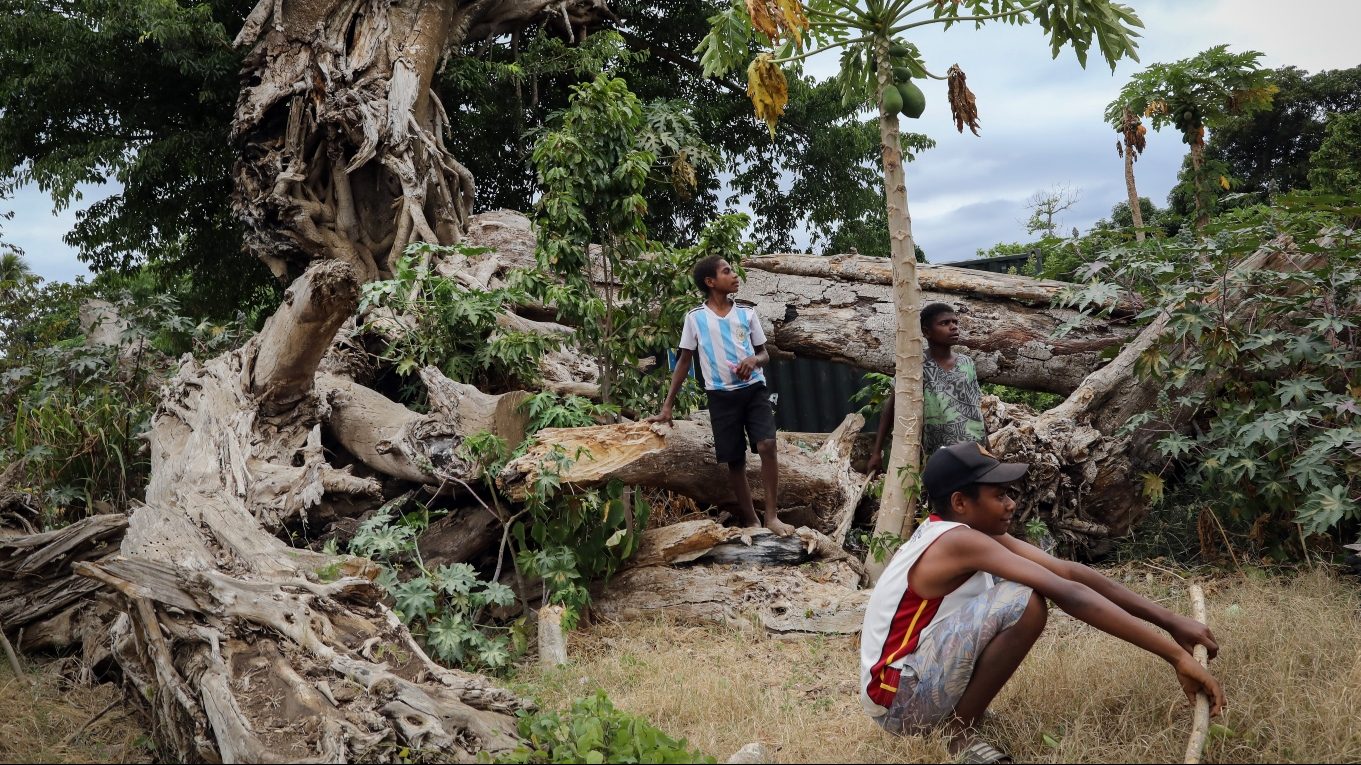Youth activists and a tiny South Pacific nation have won a climate victory that could spell big trouble for the world’s leading polluting nations.
The United Nations passed a pioneering resolution Wednesday put forth by the nation of Vanuatu asking the world’s highest court to weigh in on the role national governments must play in stemming emissions and fighting climate change.
The advisory opinion, which might not come for two years, could impact thousands of lawsuits filed worldwide against governments for their inaction in addressing the crisis. It could even lead to penalties for the biggest polluters. Any opinion issued by the International Court of Justice would be non-binding but could shape pending litigation and influence the adoption of climate pacts that might follow the 2015 Paris Accords.
Vanuatu, a nation of more than 80 islands, spearheaded the campaign to pass the resolution because it is disproportionately impacted by climate change. People in Vanuatu faced twin cyclones this month alone.
“For us Pacific islanders, there is no place to hide from the climate crisis, no denying the reality we are facing,” Alatoi Ishmael Kalsakau Ma’aukoro, the nation’s prime minister, said in an op-ed in Time.
The push to pass the U.N. resolution came about from youth activists from throughout the Pacific Islands who were looking for concrete ways to tackle the crisis. They launched Pacific Islands Students Fighting Climate Change in 2019 with the singular goal of seeking an advisory opinion on the issue from the international court. It worked with the Republic of Vanuatu to put forth the resolution, which more than 120 member states have since signed on to.
“This resolution was adopted by consensus, which means the entire global community is standing together, asking the question of the International Court of Justice, because together is the only way that we will solve this problem,” Christopher Bartlett, head of climate diplomacy for Vanuatu, told Grist.
The effort to get the advisory opinion started in 2011, when representatives from the Marshall Islands and Palau attempted to pass a similar resolution — which the United States opposed. Michael Gerrard, founder of the Sabin Center for Climate Change Law at Columbia University, was involved in the 2011 effort and credits a political shift on climate for leading to this victory.
“The gravity of the climate crisis has become more apparent with the cascade of studies, and even more importantly, climate of weather catastrophes in different parts of the world. Additionally, one of the major reasons why the 2011 effort failed was the opposition of the United States,” Gerrard told Grist. “This was under the Obama administration and the United States actively opposed it–– this time they didn’t.”
Though the International Court of Justice is the most prominent court in the world, other international courts are also hearing cases related to climate change and human rights. The same day that the U.N. issued its resolution, the European Court of Humans Rights heard a case, brought by a group of elderly women in Switzerland, arguing that climate change is a human rights violation. Additionally, Chile and Colombia are making a similar claim and have requested an advisory opinion from the Inter-American Court of Human Rights. These concurrent cases could impact the ICJ’s ruling if either of them comes first.
The ICJ could take up to two years to issue its decision, and there is no indication where it will land, according to John Knox, a professor of law at Wake Forest University and the first United Nations Special Rapporteur on human rights and the environment.
“I think we can hope that it’s going to be a great decision, and one that really moves the ball forward,” Knox told Grist. “At the same time, the ICJ is a body of judges appointed by governments, many of whom are among the largest emitters of carbon gasses. I don’t think we should necessarily assume that the decision is going to be the strongest statement yet by any court that governments have obligations [to address climate change].”
*Correction: This story originally misspelled the Sabin Center for Climate Change Law.



